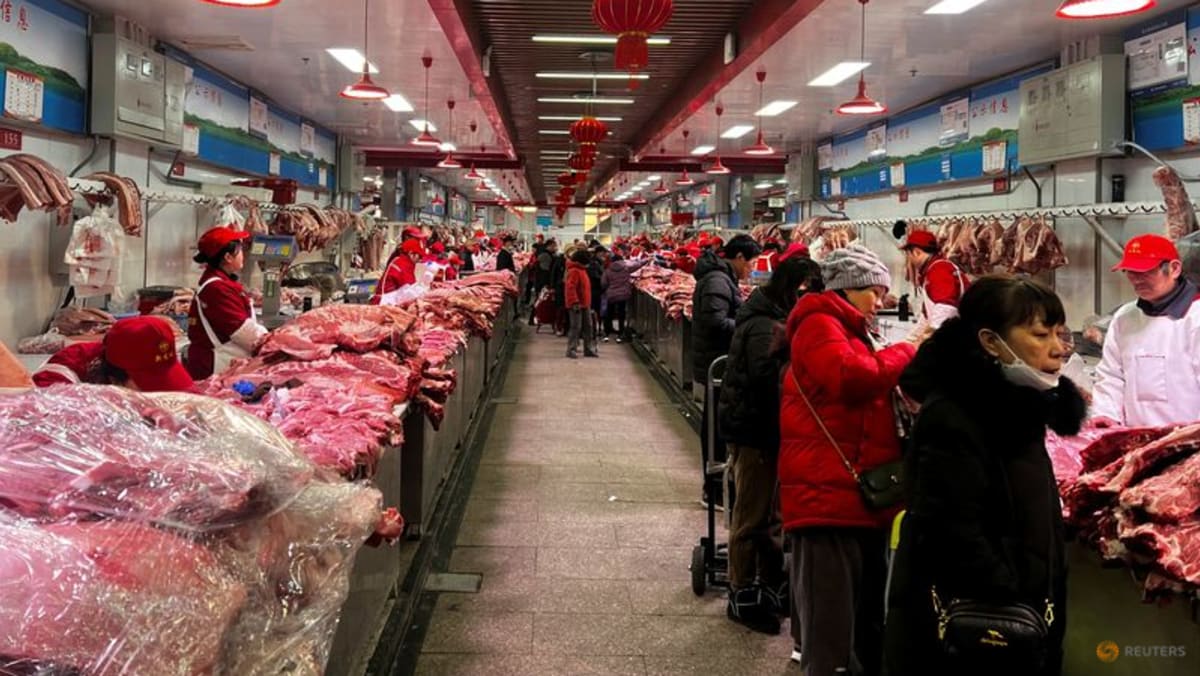
In February this year, CPI rose 1.0 per cent month-on-month, outpacing the 0.3 per cent uptick in January and the 0.7 per cent growth forecast by economists.
But the producer price index (PPI) fell 2.7 per cent from a year earlier in February versus a 2.5 per cent drop the previous month. That was faster than a 2.5 per cent decline forecast in the Reuters poll.
The risk of deflation due to continued weak demand remains one of the main drags on China’s overall growth.
In January-February, CPI was unchanged from a year earlier, with food prices down 3.4 per cent and non-food prices 0.9 per cent lower.
China has been grappling with sub-par growth over the past year amid an entrenched debt crisis among the country’s property developers that had crushed home-buying sentiment and rocked what was once a mighty pillar of the economy.
Weak international trade flows, declining domestic investment, and high local government debt further sapped economic growth. Policymakers have pledged to roll out new measures, promising to unleash “new productive forces”.
The head of China’s central bank said on Wednesday there was room to cut the amount of cash that commercial banks set aside as reserves, following 50 basis points of cuts in banks’ reserve ratio requirement (RRR) in January, the biggest in two years.
Premier Li Qiang on Tuesday announced an ambitious economic growth target of around 5 per cent, although economists said the goal would be harder to reach as a post-COVID recovery loses steam. The International Monetary Fund has predicted China’s growth to ease to 4.6 per cent from 5.2 per cent last year.
Li also set a 2024 inflation target of 3 per cent, in line with goals set since 2015. Consumer prices rose 0.2 per cent last year, missing the government’s target.
“We only expect a modest recovery in CPI and PPI inflation despite the CPI inflation target of 3 per cent, and a deeper property downturn may pose greater deflationary risk,” said economists at UBS in a research note this week.
